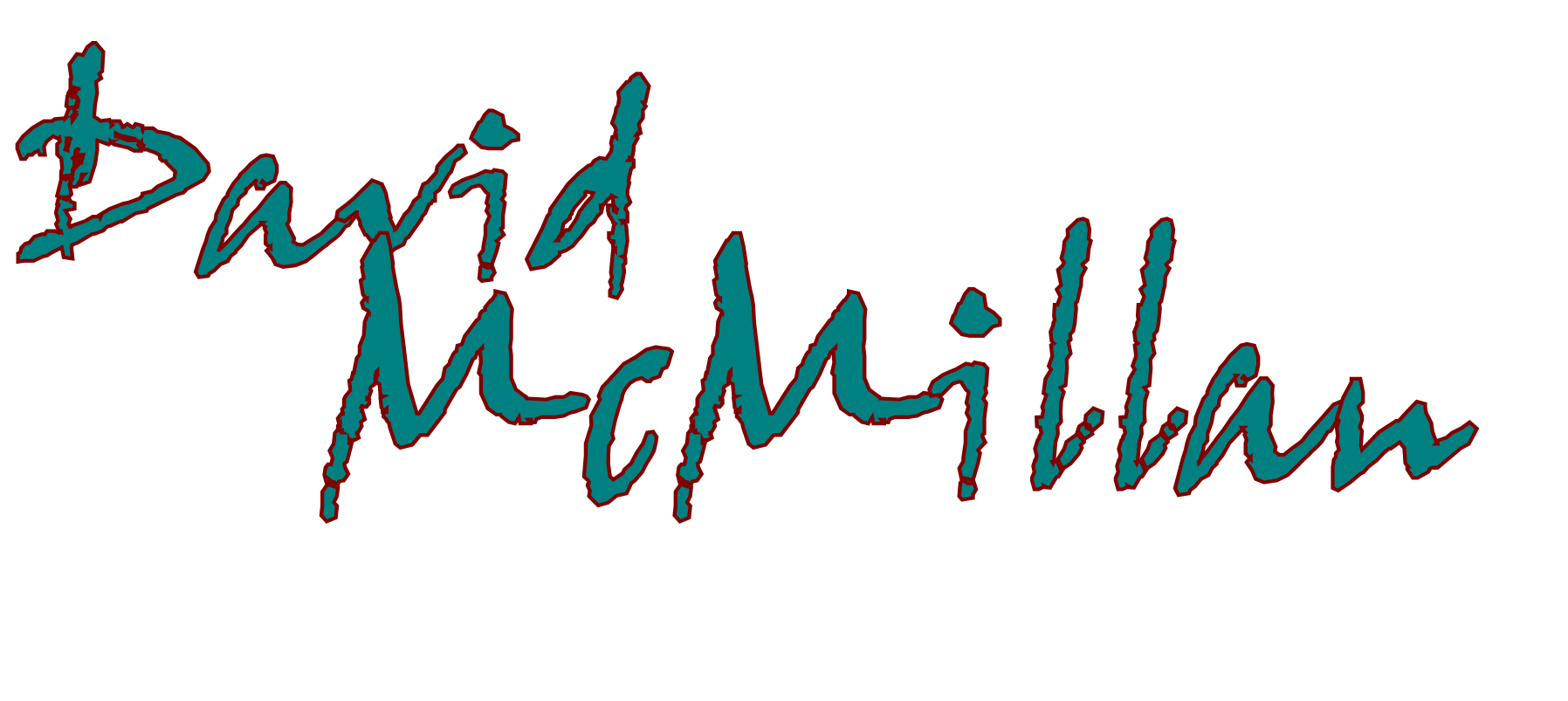I think I am able to connect more to the discussion and the person I’m talking to. If you often drink out of routine (like pouring a glass of wine after work), try swapping it for a different ritual, like making an alcohol-free cocktail or brewing a special tea. It’s much easier to stop after one glass when you’re not staring at an open bottle. They’ll cut out alcohol to some degree, either partially or completely.
Start small
As a recovering person, you are more than likely finding some time during the daily grind to find a quiet spot, sit comfortably, closing your eyes and just focusing on your breath. Mindful meditation is a relapse prevention staple, and the techniques are easy to master. To meditate simply means finding a quiet spot and be one with your thoughts and reflect on the day. Boards set up outside the storefront of Drumbeat, a Native American goods store located in Phoenix, display missing people posters of Indigenous people from tribal nations across Arizona.
Snowflake Lobos football award night includes acknowledgment of staff, supporters
Mindfulness can help individuals recognize and cope with triggers, reduce stress, and enhance emotional regulation, all of which are vital in sustaining sobriety. Yes, it’s possible to achieve sobriety without https://www.inkl.com/news/sober-house-rules-a-comprehensive-overview formal recovery programs. Some individuals find success through self-help, support from friends and family, or alternative therapies. However, recovery programs can provide valuable structure, support, and resources that many find essential in maintaining long-term sobriety. Factors such as treatment adherence, personal commitment, and support systems play a significant role in achieving and maintaining sobriety. These elements go beyond the scope of abstinence, which is primarily concerned with avoiding substance use.
Digital Health and Wearable Devices
For many people recovering from a substance use disorder, medical sobriety is not something that can be instantly achieved even with a treatment program. This definition is based solely on an individual’s behavior and refers only to the physical resistance to alcohol and drug use following detoxification. Sobriety is often defined as abstinence from drugs and alcohol, but there is more to it than merely avoiding substance use. Our alcohol-free wines are also a great base for your new favorite mocktails, from white wine spritzers to virgin sangrias.
You’re all set!
Emotional sobriety involves developing coping mechanisms and emotional resilience, allowing individuals to handle life’s ups and downs in a healthy, balanced way. What these individuals have in common is that living a clean life is just half the battle. They see the difference between being clean and sober as initially embracing the clean part, but learning to love and put into daily practice their commitment to staying sober. Sober people have amassed knowledge about their recovery and ways to reduce temptation and avoid relapse. They typically have support systems in place, like private therapy, support groups, outpatient treatment programs, or a mentor to whom they can turn for advice and support.
Learn more about the difference a glass of Surely wine can make as part of your sober curious journey. These official guidelines come from the non-profit Moderation Management. It has become a way for people to learn how to stop harmful patterns when they drink and identify triggers for those behaviors. Holding a drink – whether it’s sparkling water, a soda, or a mocktail – makes it less likely anyone will ask why you’re not drinking. As soon as you arrive, grab a drink (alcohol-free, of course) so you’re not lingering and overthinking.
- As soon as you arrive, grab a drink (alcohol-free, of course) so you’re not lingering and overthinking.
- Improvement might start within a few weeks, with more significant changes becoming apparent 1-2 months into sobriety.
- Furthermore, some might opt for medically assisted treatment (MAT) to manage withdrawal symptoms and cravings, under professional supervision.
- Mainstream concepts of sobriety often involve totally refraining from a substance or behavior.
This can radiate outward and boost confidence in social situations and personal reflections. Visible changes such as clearer skin and healthier hair might start to be noticeable within a month, with more pronounced effects after several months of sobriety. In fact, it takes a great deal of strength to admit that you need help to overcome addiction. Furthermore, decades of evidence have proven that people who get help while beginning the recovery process have better outcomes than those who don’t.
It can include a medically supervised detox, various forms of treatment including therapy and 12-step programs, and calling upon family, friends, and professionals for additional support. Sobriety can be a particularly challenging pursuit for someone with an addiction like alcohol use disorder. Being under the influence can make you a little more outgoing, a little flirtier, or possibly more aggressive in the short term. A significant reason is that drugs can affect the brain in a way that lowers inhibitions slows reaction time, and interferes with general cognitive function. Drug addiction is an all-encompassing disease that can take over our brains, causing us to do, say, and think things we normally never would, and can lead us to forget who we were before drugs.
By integrating these practices, the concept of sobriety extends beyond mere abstinence to a proactive approach for a balanced and enriched life. In the most simplistic terms, sobriety means refraining from drinking so that one is not intoxicated. Unfortunately, without a commitment to recovery, sobriety can be a temporary state.
